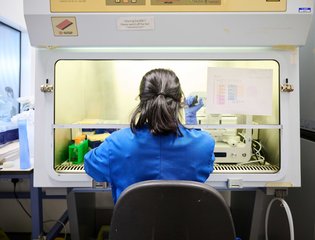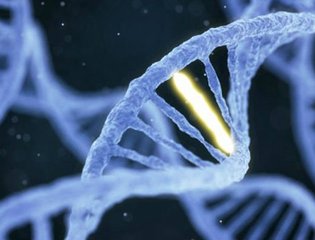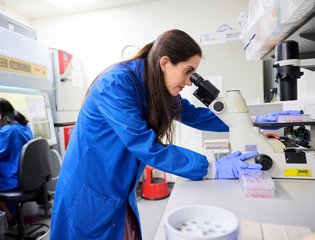Am I eligible for genetic testing?
Use our simple Hereditary Cancer Risk Tool to assess your risk of having inherited a genetic mutation that could increase your risk of developing certain cancers. It's suitable for both men and women.
Where can I find support?
We all need a helping hand sometimes. Feel free to contact us and we’ll do all we can to help. Call us on 0207 380 1730 or email info@ovarian.org.uk.





